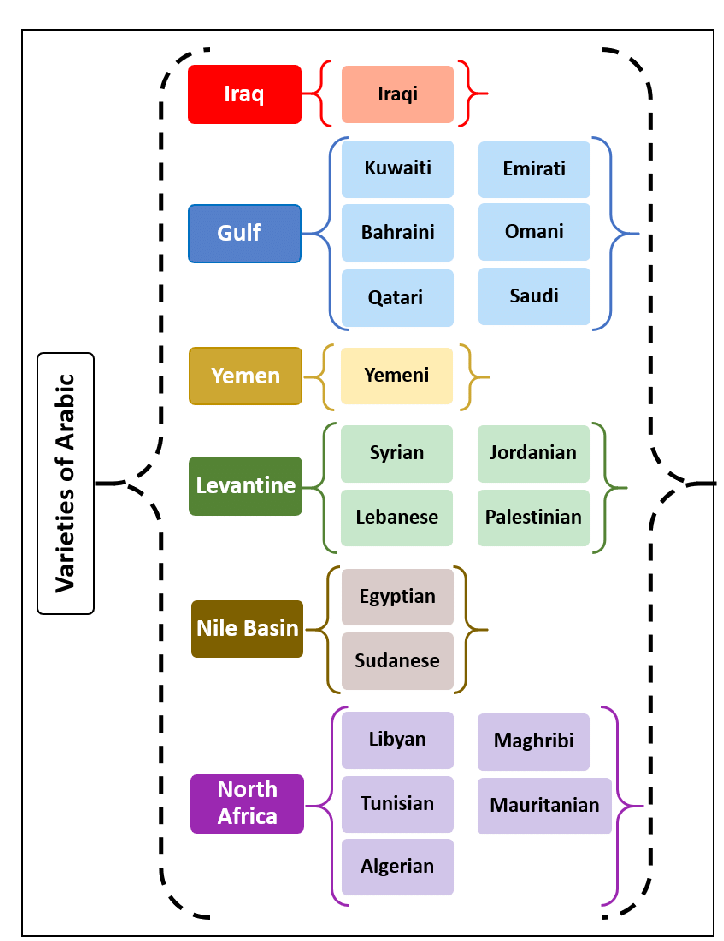University of Sharjah Researchers Develop Artificial Intelligence Solutions for Inclusion of Arabic and Its Dialects in Natural Language Processing

Arabic is the national language of more than 422 million people and is ranked the fifth most extensively used language globally. However, it has been largely overlooked in Natural Language Processing. The common language to use has been English. Is it because it is hard to use the Arabic alphabet? The answer to it is partly yes, but researchers have been working to develop AI solutions to process Arabic and various dialects.
The recent research has the potential to revolutionize the way Arabic speakers use technology and make it easier to understand and interact with the growth in technology. The challenges arise due to the complex and rich nature of the Arabic language. Arabic is a highly inflected language with rich prefixes, suffixes, and a root-based word-formation system. Words can have multiple forms and can be derived from the same root. Arabic text may lack diacritics and vowels, affecting the accuracy of text analysis and machine-learning tasks.
Arabic dialects can vary significantly from one region to another, and building models that can understand and generate text in multiple dialects is a considerable challenge. Due to the need for more spaces between words, Named Entity Recognition (NER) is quite challenging. NER is a NLP task to identify and classify named entities in the text. It is crucial in information extraction, text analysis, and language understanding. Addressing these challenges in Arabic NLP requires the development of specialized tools, resources, and models tailored to the language’s unique characteristics.
The researchers at the University of Sharjah developed a deep learning system to utilize the Arabic language and its varieties in applications related to Natural Language Processing (NLP), an interdisciplinary subfield of linguistics, computer science, and artificial intelligence. Compared to other AI-based models, their model encompasses a broader range of dialect variations in Arabic.
Arabic NLP needs more robust resources available for languages like English. This includes corpora, labeled data, and pre-trained models, which are crucial for developing and training NLP systems. To tackle this problem, the researchers have built a large, diverse, and bias-free dialectal dataset by merging several distinct datasets.
The models like classical and deep learning models were trained upon these datasets. These tools enhanced the chatbot performance by accurately identifying and understanding various Arabic dialects, enabling chatbots to provide more personalized and relevant responses. The team’s research work has also received significant extracurricular interest, notably from major tech corporations like IBM and Microsoft, as they can ensure greater accessibility for people with disabilities.
The speech recognition systems built upon these specific dialects will enable more accurate voice command recognition and services for people with disabilities. Arabic NLP can also be used in multilingual and cross-lingual applications, such as machine translation and content localization for businesses targeting Arabic-speaking markets.
Check out the Paper. All Credit For This Research Goes To the Researchers on This Project. Also, don’t forget to join our 31k+ ML SubReddit, 40k+ Facebook Community, Discord Channel, and Email Newsletter, where we share the latest AI research news, cool AI projects, and more.
If you like our work, you will love our newsletter..
We are also on WhatsApp. Join our AI Channel on Whatsapp..
Arshad is an intern at MarktechPost. He is currently pursuing his Int. MSc Physics from the Indian Institute of Technology Kharagpur. Understanding things to the fundamental level leads to new discoveries which lead to advancement in technology. He is passionate about understanding the nature fundamentally with the help of tools like mathematical models, ML models and AI.













